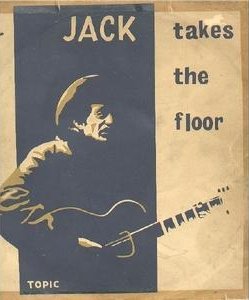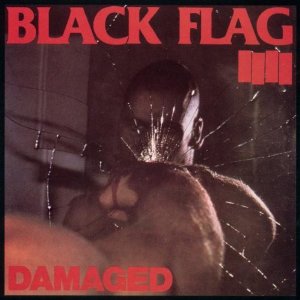Zack: I’ve fostered a pretty intense hatred for
Jane’s Addiction dating back to when I listened to One Hot Minute at like 14
and immediately decided that I wanted nothing to do with that album or Dave
Navarro moving forward. It’s nine years later and I still have never relistened
to that album, but I’ve been forced to officially end my Navarro embargo as of
45 minutes ago. And I have to say, it’s not as bad as I’d feared. Turns out
that the sort of heavy guitar edge that was so out of place on One Hot Minute
works a little better in its original context. You can almost see why a record
label would want to work with these guys, despite their Wikipedia page reading
like a satire of an out-of-control rock group and their frontman apparently
being in the running for biggest douche in the universe.
Seriously, how delusional does one have to be to come to the conclusion that
they deserve 62.5% of royalties in a four-man band? And how obviously insane do
you need to be to intimidate everyone else to go along with it? I don’t care
what the album title says, that is downright stupefying. Anyway, I can’t say
that I have plans to ever play this album again and I fail to see how this band
was somehow a big enough deal that their goodbye tour became frickin’
Lollapalooza. But I’m starting to see why some of the hype is there.
Favorite Tracks: Jane Says; Ocean Size; Mountain Song
Emily: Jane's Addiction has vaguely been in my consciousness for a while now. Dave Navarro always shows up on those countdown/list/nostalgia shows I love to watch for hours on end as a commentator, usually on metal or the '90s (and I'm pretty sure '90s metal too). Jane Says is played with some regularity on my local alternative radio station, and it pops up on Pandora once in a while too. However, beyond these small references I didn't know much about the band or their music. After listening to their studio debut, I don't really feel like I need to know more. I found the music kind of boring, trapped somewhere between metal and alt-rock without a clear point of view. I guess that's what happens when you debut in 1988, in the midst of hair metal mania and still a few years too early for grunge. Hey, at least we got Lollapalooza out of them.
Favorite Tracks: Jane Says; Standing in the Shower... Thinking; Ted, Just Admit It...



.jpg)


.jpg)



